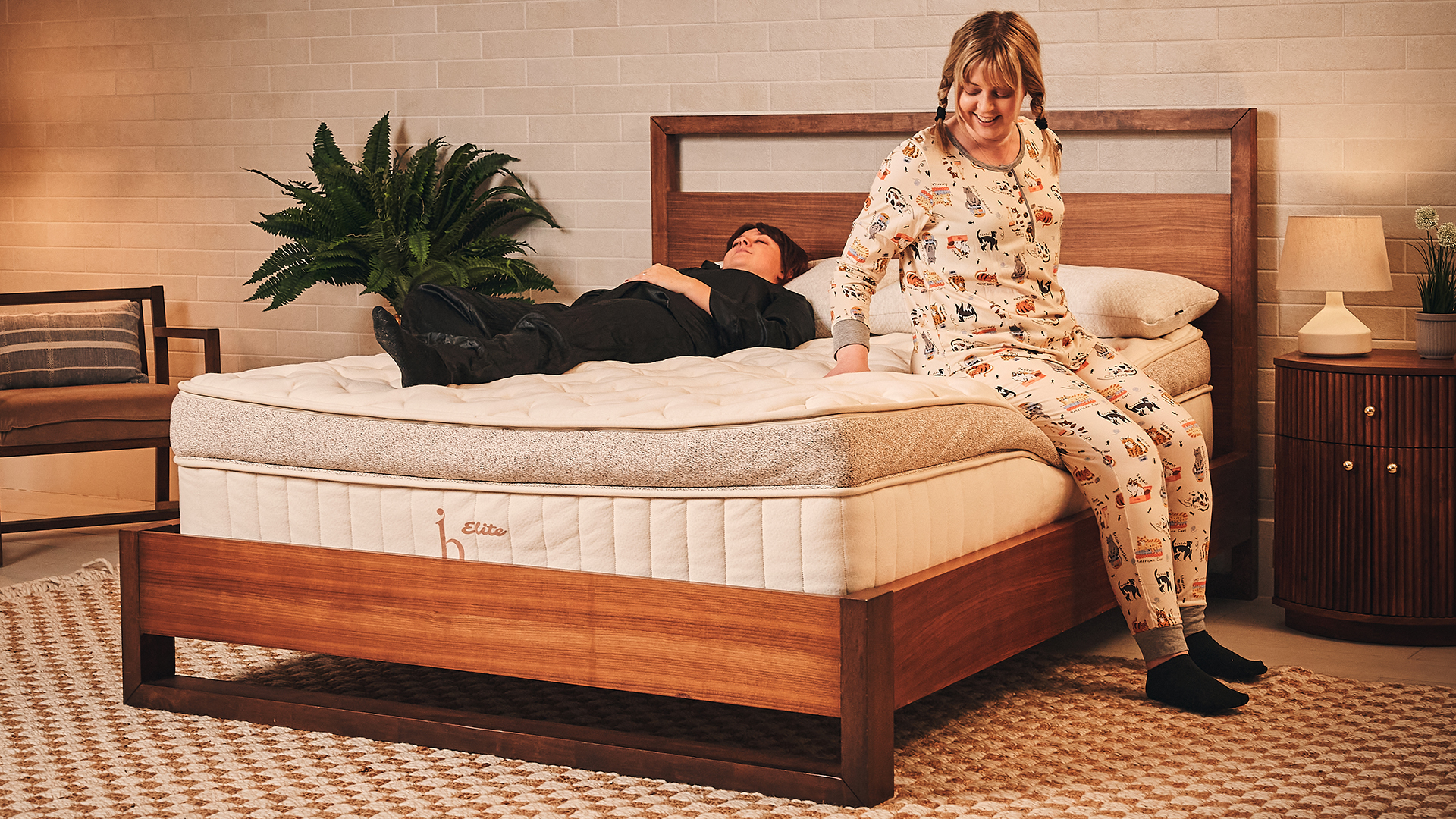This common belief about sleep is a myth, says doctor — and I'm pleased
Plus three tips to help nail your sleep schedule
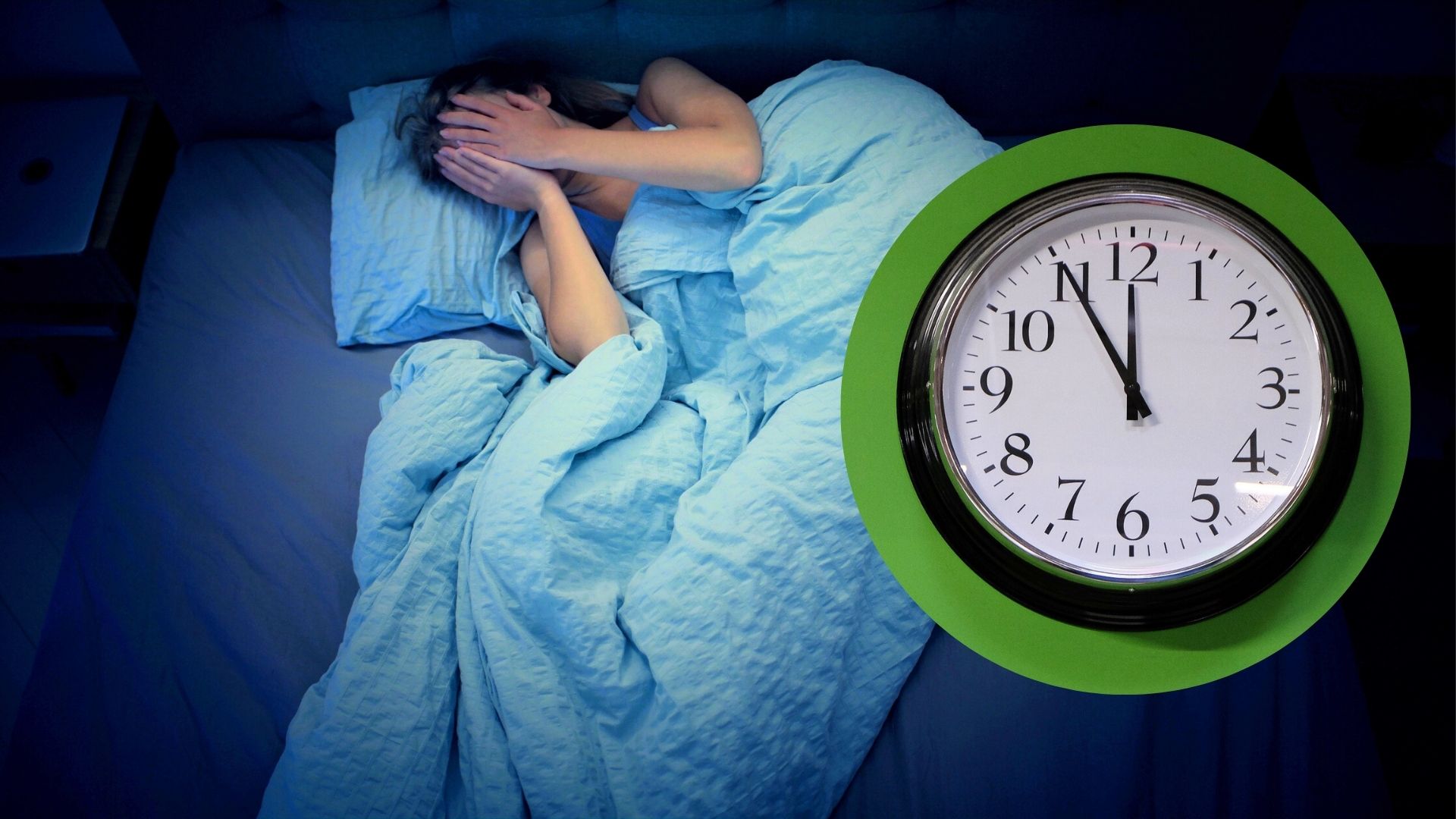
Here at Tom’s Guide our expert editors are committed to bringing you the best news, reviews and guides to help you stay informed and ahead of the curve!
You are now subscribed
Your newsletter sign-up was successful
Want to add more newsletters?

Daily (Mon-Sun)
Tom's Guide Daily
Sign up to get the latest updates on all of your favorite content! From cutting-edge tech news and the hottest streaming buzz to unbeatable deals on the best products and in-depth reviews, we’ve got you covered.

Weekly on Thursday
Tom's AI Guide
Be AI savvy with your weekly newsletter summing up all the biggest AI news you need to know. Plus, analysis from our AI editor and tips on how to use the latest AI tools!

Weekly on Friday
Tom's iGuide
Unlock the vast world of Apple news straight to your inbox. With coverage on everything from exciting product launches to essential software updates, this is your go-to source for the latest updates on all the best Apple content.

Weekly on Monday
Tom's Streaming Guide
Our weekly newsletter is expertly crafted to immerse you in the world of streaming. Stay updated on the latest releases and our top recommendations across your favorite streaming platforms.
Join the club
Get full access to premium articles, exclusive features and a growing list of member rewards.
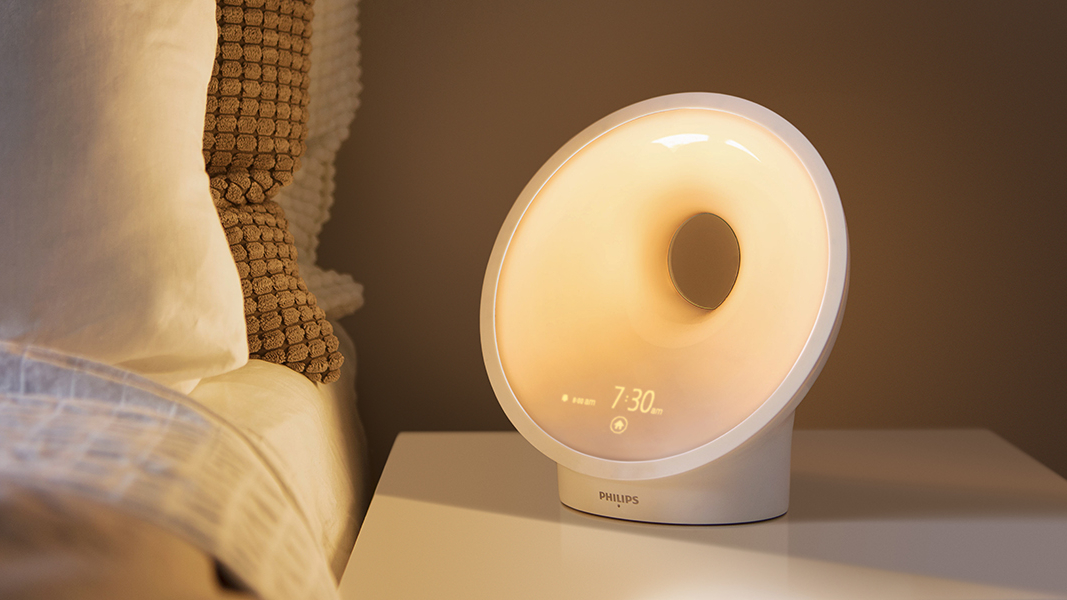
The best sunrise alarm clocks include a sunset and sunrise feature, which makes going to bed and waking up at the same time every day much easier.
My dad always told me that “one hour of sleep before 12am is worth two hours after 12am”. Whether it was to encourage me to go to bed as a child or to prevent me from staying out all night as a teenager, it was a belief that followed me into adulthood.
But then I became the Sleep Features Editor for Tom’s Guide, and I became slightly more well versed in sleep hygiene than my dad (a web developer). Now, I can call out this ‘fact’ for what it really is. A myth.
But to find out if there are any benefits to a pre-12am bedtime, where the myth came from and what we should actually believe, I asked the experts. Here, Dr Luke Barr board-certified neurologist and Chief Medical Officer at SensIQ, and Dr. Maria Knobel, Medical Director of Medical Cert UK and published GP, board-certified in Lifestyle Medicine, share their knowledge.
Is sleep before 12am really better than after?
The short answer is no. There is no scientific evidence to back up the claim that one hour of sleep before 12am is worth two hours of sleep after.
“While there is some logic behind the idea, specifically that early sleep may align better with natural circadian rhythms, there’s no scientific evidence that sleep before midnight is literally 'worth twice as much' as after,” explains Dr. Luke Barr.
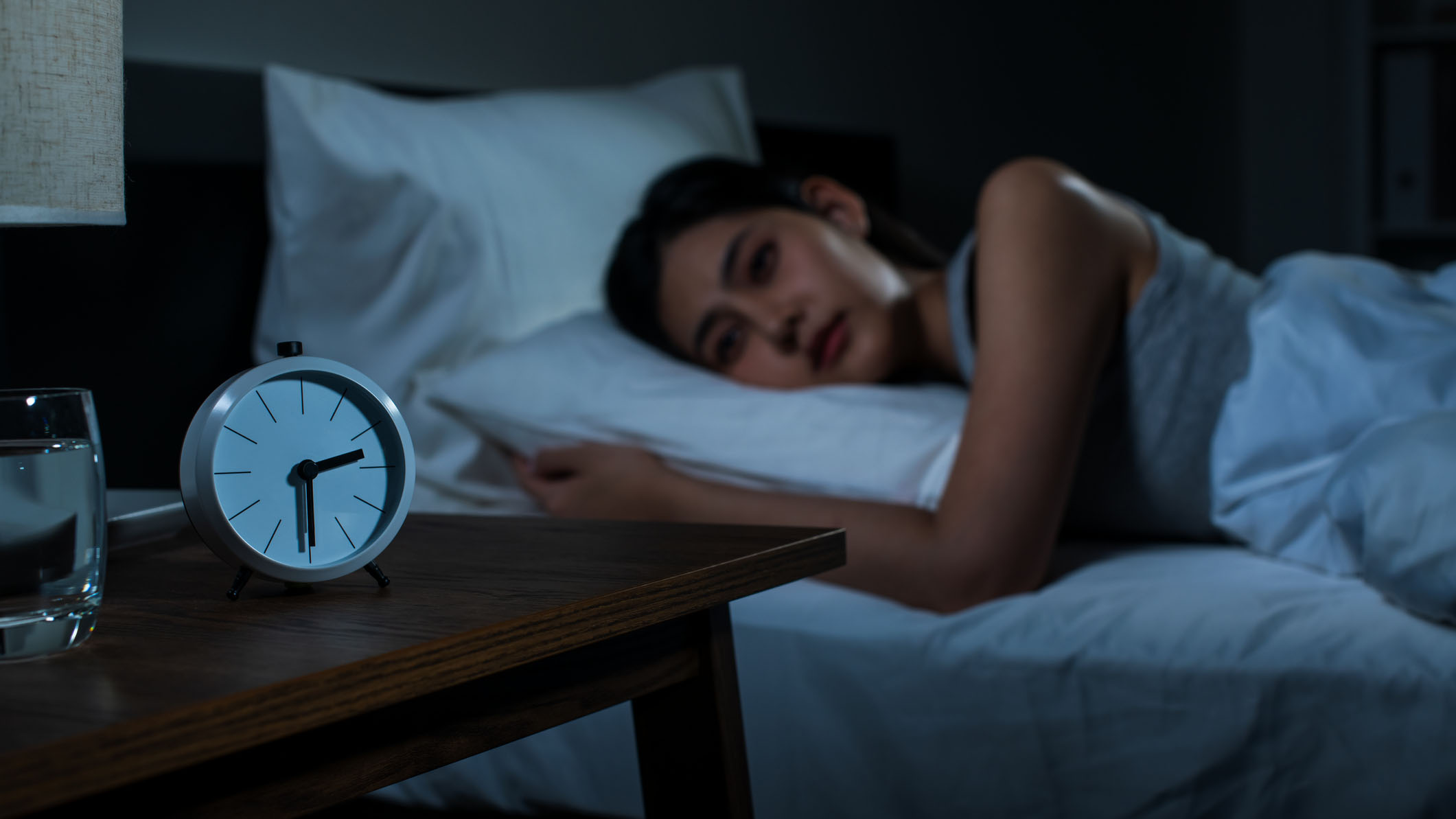
“Sleep quality and total duration are much more important than the specific hour you fall asleep,” he adds.
Of course, if you have an alarm set for before 8am, you should ideally go to bed before 12am to ensure you get enough sleep. But the time you spend asleep before 12am doesn’t count for more or better quality sleep.
Get instant access to breaking news, the hottest reviews, great deals and helpful tips.
The myth “became popular because it sounds simple and logical,” says Dr. Maria Knobel, “but the body does not measure sleep value based on the clock” she adds.
Where did this sleep myth come from?
When I talked to the Tom’s Guide Sleep Team about this myth, they all also believed it. It’s so widespread that it’s commonly accepted as fact. So, where did it come from?
“This belief likely came from traditional advice emphasizing 'early to bed, early to rise' as a path to health,” Dr. Barr explains.
“It may also stem from the fact that many people enter deeper stages of sleep earlier in the night, especially if they wake up early for work. So, in practice, those early hours might feel more restorative, but that doesn’t make the rest of the night any less valuable,” he adds.
And Dr. Knobel agrees. ”Studies today show that the most restful part of sleep, called deep sleep, happens in the first few hours after you fall asleep,” she says.
Importantly, however, she notes that “It does not matter if that starts at 9 p.m. or 1 a.m., as your body still follows the same process.”
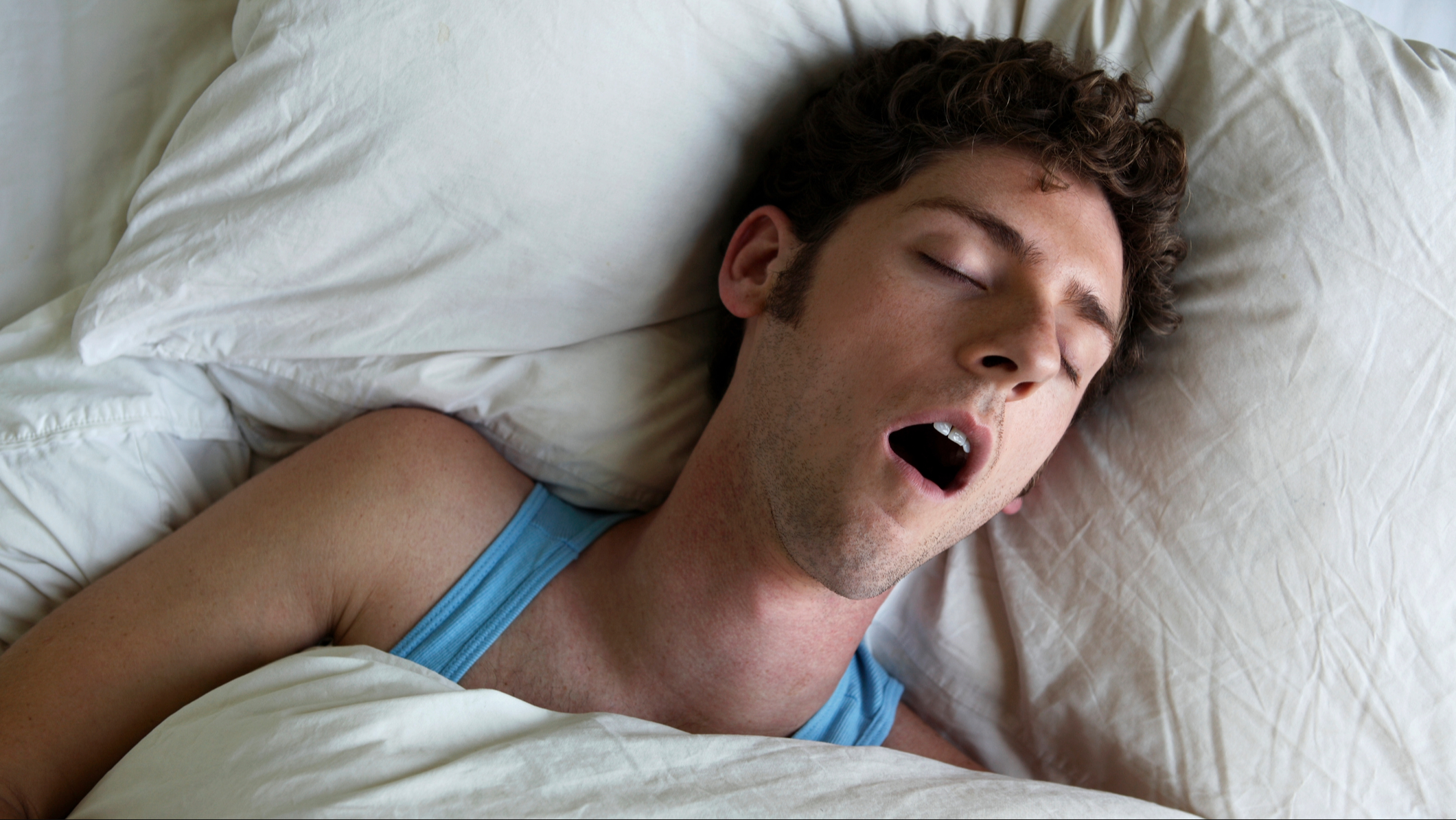
Is there a ‘best’ bedtime?
While some studies claim being a night owl leads to health benefits and others praise early risers’ habits, Dr. Knobel says “there isn’t one perfect bedtime for everyone.”
“What matters more is going to bed and waking up at the same time every day, getting seven to nine hours of sleep, and making sure your sleep is of good quality,” she adds.
Everybody has a chronotype, which is the natural rhythm of their body clock. This is why certain people feel more energized later in the evening and others prefer and early morning.
Dr Barr warns that because “Chronotypes are biologically influenced” forcing yourself into an unnatural sleep-wake cycle can actually backfire. This means you should go to sleep at a time that feels natural for you.
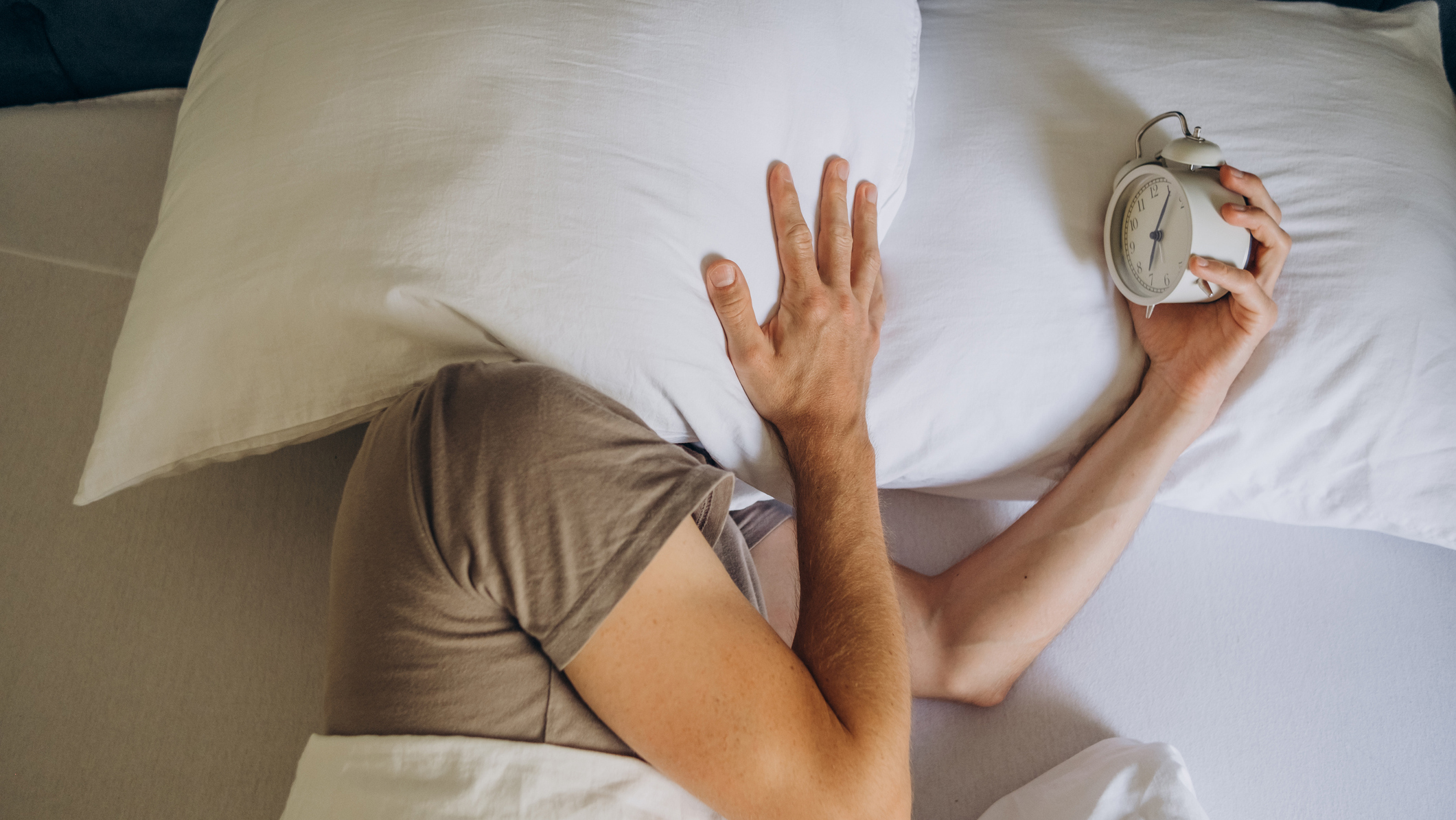
Tips to create a sleep schedule that works for you
Prioritize sleep regularity
While sleep duration is important, it’s been argued recently that sleep regularity is more important. This refers to going to bed and waking up at the same time every day.
This helps to keep your circadian rhythm and sleep hormones regulated, leading to sustained energy during the day and natural sleepiness in the evening.
“If your bedtime keeps changing, your body gets confused, and your sleep won’t feel as refreshing, even if you sleep long enough,” explains Dr. Maria.
If you’ve accidentally had a late night, the best course of action is to wake up at your normal time to avoid throwing your body clock out of sync.
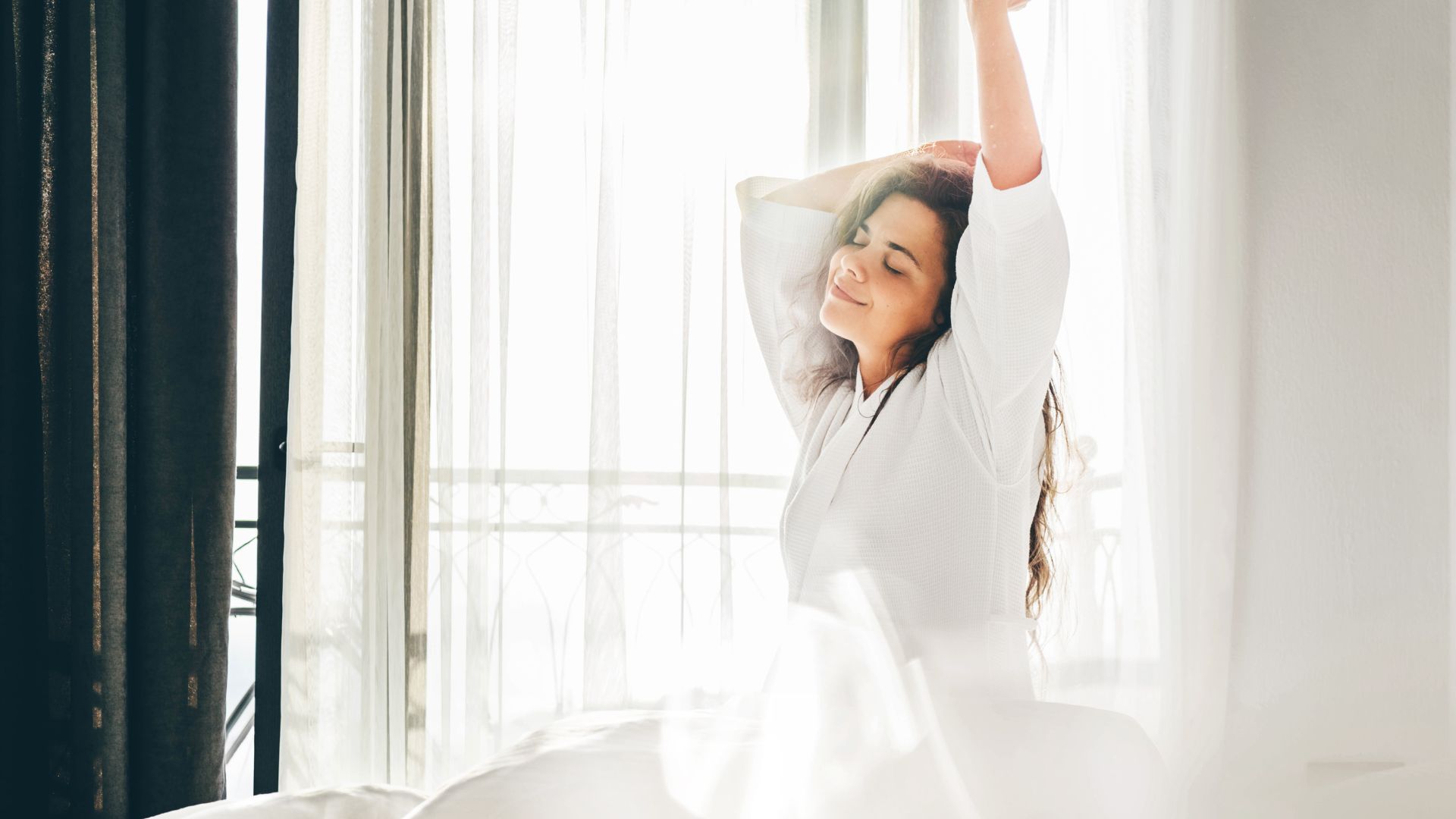
Gradually shift your bedtime
If you’ve realized your bedtime is too late to get enough quality sleep, you can gradually train yourself to fall asleep earlier and fix your sleep schedule — even if you’re a natural night owl.
“Shifting [your] bedtime by 15 minutes every few nights, getting morning sunlight, and limiting screens in the evening, can help,” explains Dr. Barr.
Create a calming nighttime routine
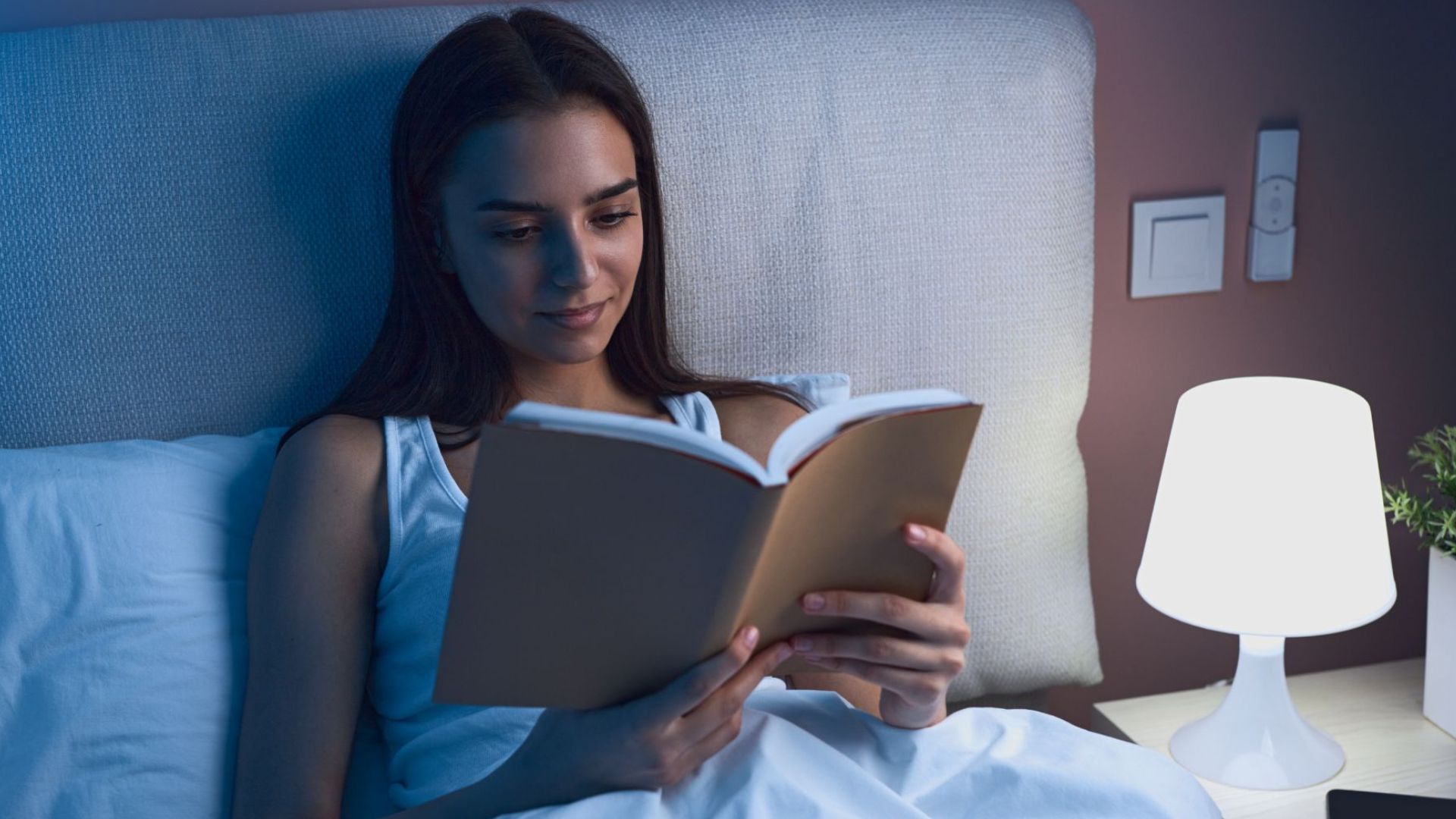
Humans are creatures of habit. By repeating the same activities in the evening as part of a nighttime routine, you will signal to your body and mind that it’s time to wind down and fall asleep.
Try incorporating calming activities like reading, meditating or enjoying a warm bath. This should help reinforce your bedtime and make it easier to fall asleep quickly at the time you desire.

Lauren is an experienced writer and editor in the health and lifestyle industry and has led many campaigns and projects that deliver news, advice, and research on all things sleep. As the Sleep Features Editor for Tom’s Guide, Lauren writes, commissions and edits sleep and mattress content, from in-depth how-tos in sleep and mattress health to interviews with doctors and neuroscientists on the latest news in sleep. Lauren regularly tests new sleep tech and accessories to evaluate their effectiveness for getting good quality sleep and easing specific sleep struggles like nighttime anxiety. Alongside this, Lauren reports on the best mattress brands out there, like Helix, Saatva, and DreamCloud, helping readers find the right mattress for them and the best deals on them.
You must confirm your public display name before commenting
Please logout and then login again, you will then be prompted to enter your display name.
 Club Benefits
Club Benefits










